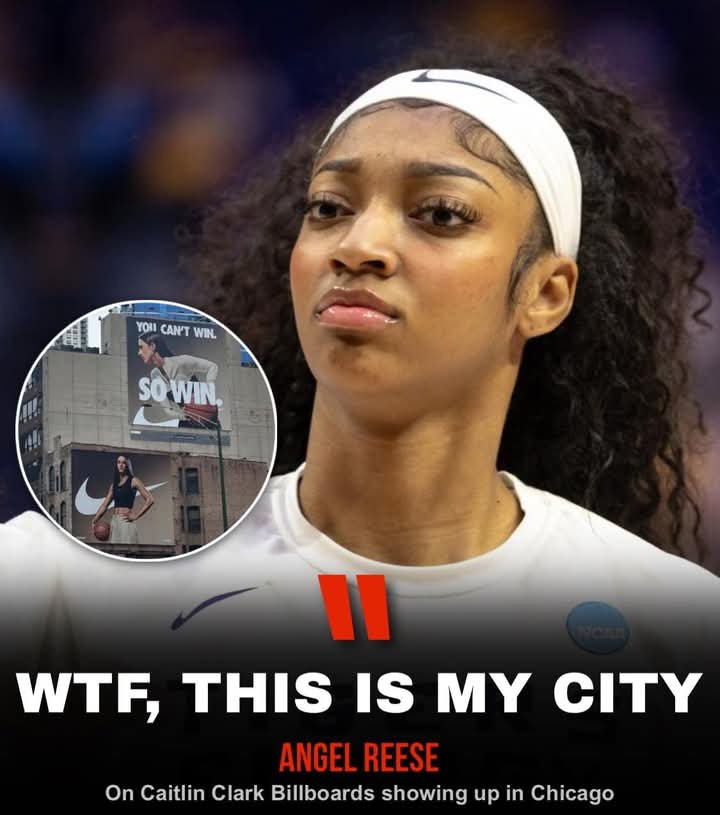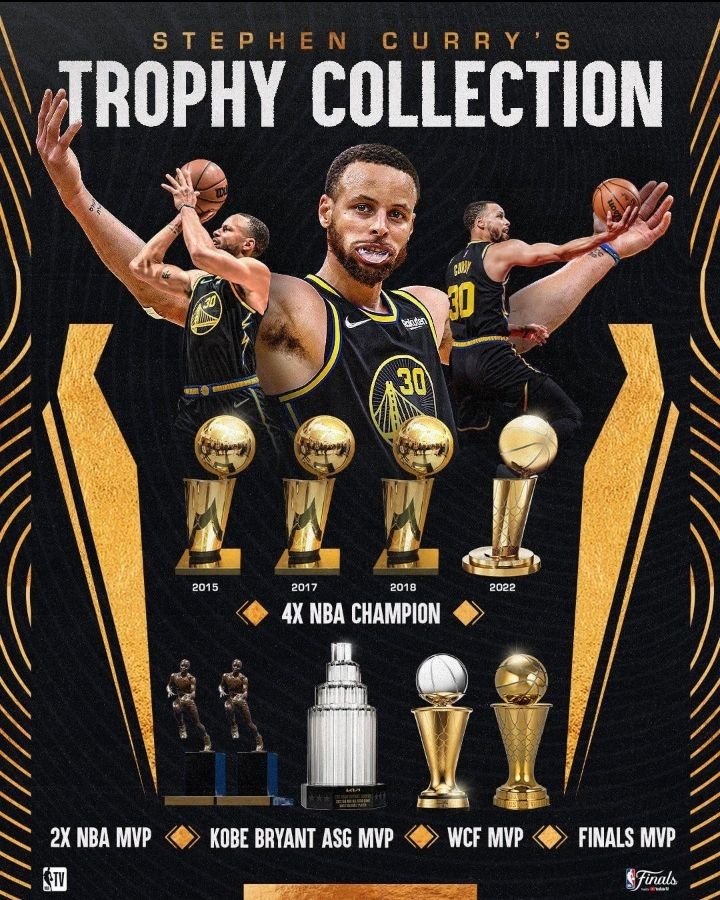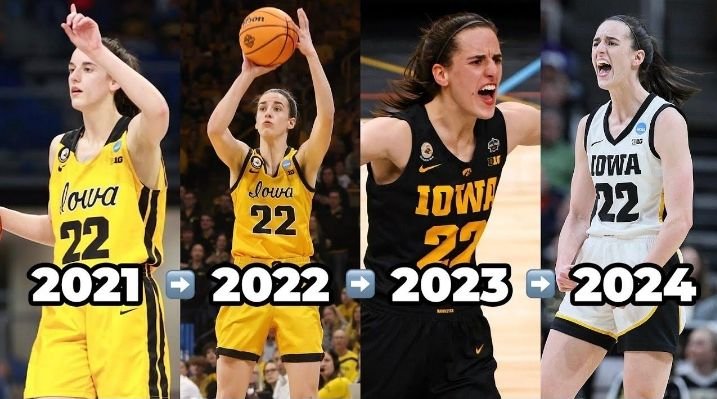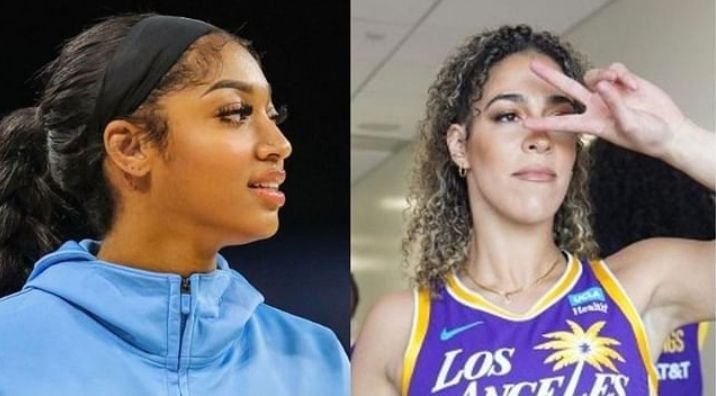
Nike recently unveiled a massive billboard of Caitlin Clark in Chicago, placed near the Chicago Sky’s arena, drawing attention and raising eyebrows within the basketball community. The timing and location of the billboard have stirred up conversation, with notable figures in women’s sports weighing in on its significance.
Angel Reese, a rising star in the basketball world, shared her thoughts on the billboard with a bold statement, emphasizing that the move seemed specifically targeted at her. “This was obviously a planned target towards me and my people,” Reese said, expressing her discontent with the placement of the advertisement. “This is my city and I have millions of fans that look up to see me,” she added, making it clear that she sees the billboard as a challenge, especially in a place where she has significant influence and fan support.
Reese’s words reflect the growing competitive dynamic between players in women’s basketball, particularly as they gain increasing recognition in mainstream sports media. While Clark’s accomplishments have earned her widespread acclaim, Reese’s response highlights the passion and pride athletes have for their own communities and fan bases. As women’s basketball continues to rise in prominence, moments like these underscore the complex relationships between athletes, brands, and their followers.
The billboard, showcasing Caitlin Clark’s image, underscores Nike’s support for the star player, but it has also sparked a deeper conversation about the visibility of athletes and the competitive spirit within the sport. With players like Reese making their voices heard, it’s clear that the landscape of women’s basketball is becoming increasingly vibrant, with athletes using their platforms to express not only their talent but also their sense of identity and community.




